Arts
Where Is It Written You Should Be Happy?
A family of secrets and a suitcase of letters. A mother, a father, and the ghost of his lover. A son and a century-old mystery. “Where Is It Written You Should Be Happy?” is a foray into the heart of one family.
Kid Sister: Second Series
Sheree Trotter sat down with Simone Nathan to discuss the second series of her hit TV comedy ‘Kid Sister’ and the strong ties she has to her Jewish roots. Simone’s family has a long history in Aotearoa New Zealand.
Walter Auburn 1906-1979: A biography
Dr. Walter Auburn and his wife Lore, both German born Jews, fled Berlin in 1933 making their way to Britain where they lived for fifteen years before immigrating to Auckland in 1948. Between 1948 and his death in 1979, Auburn's advocacy of the print medium and his patronage of Auckland Art Gallery significantly influenced the landscape of fine arts in Auckland.
Oliver Spalter
Born in Auckland, 18 year old double bass player Oliver Spalter is preparing to move to Chicago, Illinois to begin his undergraduate degree at the prestigious Bienen School of Music at Northwestern University.
Simon Hochberger
This essay outlines the literary life and career of Simon Hochberger. This is a biography and career shaped by the forces and catastrophes in Europe of the first half of the 20th century, containing many aspects representative for Jewish lives of this period and from this region.
Miriam Harris
In this innovative animated film, director Miriam Harris tells her mother's story and that of two other Jewish women who first met in 1946 at the Ben Shemen School in Israel, exploring their personal histories of love, loss, and survival through intimate interviews and mixed media techniques, resulting in a powerful and moving portrait of three women.
Karl Wolfskehl
When Karl Wolfskehl arrived in Auckland on July 3, 1938, he was virtually unknown there. A few short newspaper articles in Australia and New Zealand had introduced him as a ‘poet and philosopher, an exile from Germany’, and these helped to establish first contacts.
Charles Brasch
Patron of the arts and literature, the Dunedin philanthropist and poet Charles Brasch established the literary journal Landfall in 1945, and went on to establish the prestigious Burns Fellowship at the University of Otago in 1958.
Ladder exhibition by Bonco
Artist Paul Nathan created Bonco while finishing his Masters of Fine Arts at Elam School of Fine Arts, University of Auckland.
Grace Joel
Grace Joel is now recognized as one of New Zealand’s greatest painters but her life and career continue to be veiled in mystery.
Mina Arndt
A talented artist, Mina Arndt was largely ignored until the 1960s, since when her place in New Zealand art has gradually begun to be recognised.
Richard Fuchs
Richard Fuchs was born in 1887 in Karlsruhe, Germany. His music was suppressed by the Nazis because he was Jewish, and was only performed to limited Jewish audiences.
Angela D'Audney
Born in England in 1944, Angela D’Audney spent her early years in Brazil. She arrived in Auckland at the age of eight with a heavy Portuguese-flecked accent—and her mother’s hope of a better life for Angela and her sister, Teresa.
Catherine Chidgey
Tanya Hart met with Catherine Chidgey, one of New Zealand’s foremost novelists, to discuss her book, Remote Sympathy.
Jonathan Besser
Composer and pianist Jonathan Besser has twice been a finalist in the NZSO Lilburn awards and in 1993 he was awarded the Sheilah Winn Award for services to New Zealand Music.
Performing Arts and Food
Miriam Bell tells of the Jewish contribution to opening up New Zealand to art and culture - whether via good food and conviviality, music or theatre.
Jewish Contemporary Art
In this edited-for-the-web version of Mike Regan's article, artists reflect on the complexity of expressing Jewish experience and identity through art.
What is Jewish Art?
Associate Professor Leonard Bell discusses the complexities and conundrums of identifying a distinctive Jewish art.
Lisa Reihana
Artist Lisa Reihana, of Māori and Jewish ancestry, reflects on the importance of her maternal 'line', and the women that have shaped her sensibility and language as a creative person.
Twentieth Century New Zealand Visual Arts
Associate Professor Leonard Bell summarises the important role émigré Jews had to play in shaping contemporary New Zealand's cultural landscape.





















